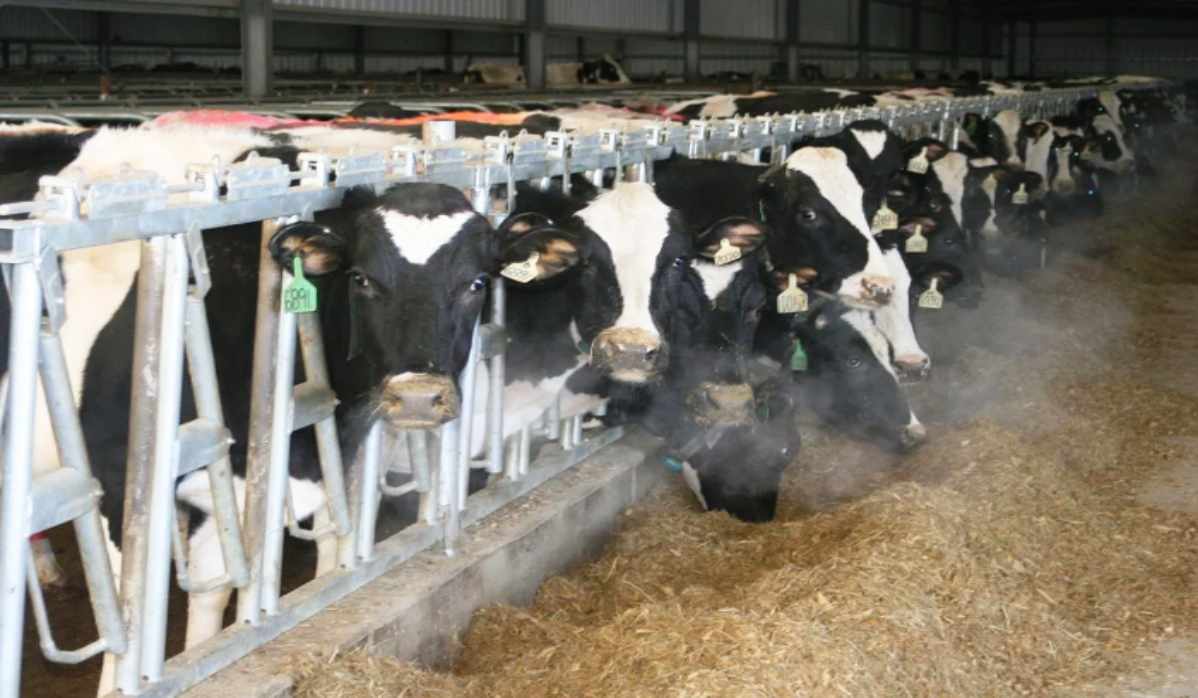Tarun Karthick
Port Blair, 23 July 2024
Department of Animal Husbandry & Veterinary Services (AH&VS) has rolled out the ‘Accelerated Breed Improvement Programme – Sex Sorted Semen (ABIP-SS)’ under the central sector scheme ‘Rashtriya Gokul Mission’ in these islands. This initiative aims to enhance the ongoing Cattle Development Programme by upgrading local cattle breeds through artificial insemination using superior quality frozen semen.
For the past three decades, the department has successfully implemented this programme, resulting in a significant increase in milk production. Local cattle, which previously yielded an average of 2.5–3 liters of milk per day, have been upgraded through crossbreeding to produce an average of 8-10 liters per day. In addition to the crossbreeding efforts, AH&VS also runs schemes to improve fodder production and manage dairy cattle more effectively.
One of the major challenges in dairy development in these islands is the high cost of importing high-yielding milk-producing cattle, due to expensive quarantine and transportation costs. Therefore, efforts to boost milk production are focused on the existing population of breedable cattle. Although the conventional semen straw method has been effective, it results in the birth of male calves, which are often neglected and become stray, posing animal welfare issues. To address this, the Government of India has introduced the ABIP using sex sorted semen, which ensures 90% birth of female calves.
Under the ABIP-SS scheme, interested beneficiaries must register at their local veterinary institution and agree to bear the cost of frozen semen. Beneficiaries are eligible for a subsidy and will pay Rs 250 per semen straw. The cattle must be healthy and not beyond their third lactation. If the animal does not conceive on the first attempt, farmers have the option to purchase a second sex-sorted straw. If the animal still does not conceive after two attempts, the deposited amount will be refunded, but further insemination will be done using conventional semen straws. Additionally, if a male calf is born after two attempts, the farmer will be entitled to a 50% refund. All information will be uploaded using the Bharat Pashudhan App under the National Digital Livestock Mission.
Farmers can choose between three types of breeds: Jersey Pure breed, Crossbreed Sahiwal, and Crossbreed Gir. The department aims to produce 2,000 crossbreed female calves within five years. By 2027, when these calves begin producing milk, it is estimated that 300 such calves will contribute an additional 700,000 liters of milk annually, with production expected to increase in subsequent years.
All livestock owners in the Union Territory of Andaman and Nicobar Islands are encouraged to take advantage of this scheme. For detailed information and registration, they should contact the Senior Veterinary Officers at the nearest Veterinary Hospital or Dispensary.

